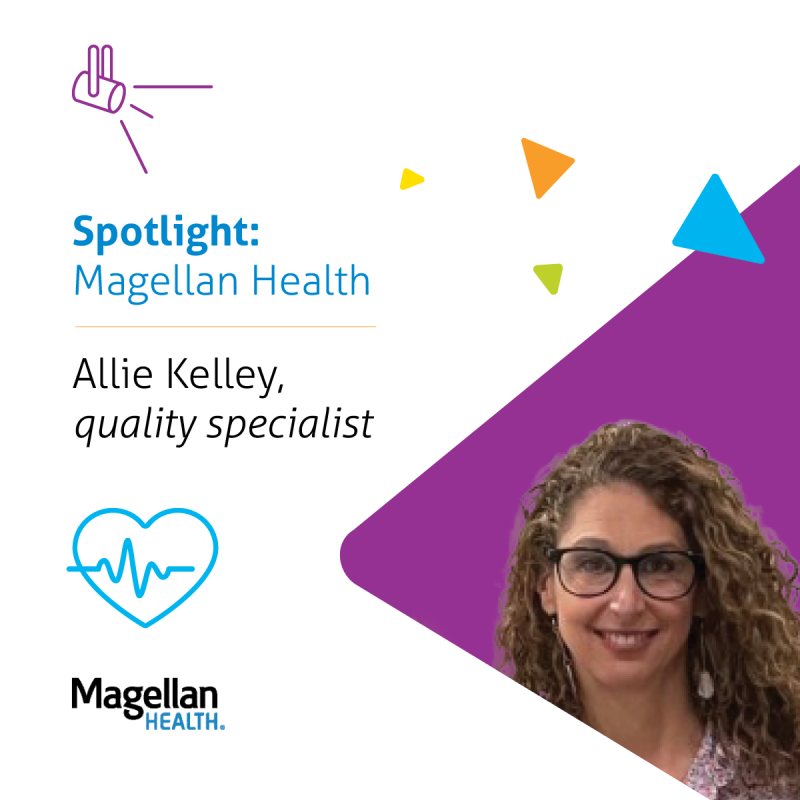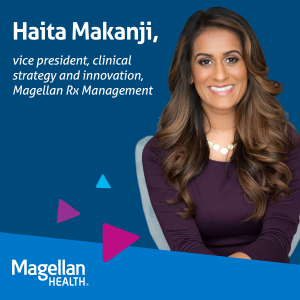Prescription Predicament: The Impact of Rising Drug Costs on Medication Adherence
According to a recent Commonwealth Fund report, Americans pay more for brand-name drugs than residents of most other countries, including Japan, the United Kingdom, Australia, Germany, France, Canada and Switzerland. From January 2022 to January 2023, the prices of over 4,200 drug products rose, with nearly half exceeding the rate of inflation and an average price increase of $590 per drug product. The rising cost of prescription drug prices in the United States has created challenges for taxpayers, healthcare payers, employers and most importantly patients.
Nearly one in four Americans taking prescription medications say it’s difficult to afford them. The financial burden has led many to take cost-saving measures such as skipping or delaying filling a prescription, missing or reducing doses, or using someone else’s medication, drawing attention to the critical issue of medication adherence.
What Is medication adherence?
Medication adherence is the act or extent of conforming to a provider recommendation/prescription based on timing, dosage and frequency of medication use.
Why is medication adherence important?
Medication adherence is a primary determinant of treatment success and one of the most important things an individual can do for their health. Failing to follow prescribed medication regimens can have serious consequences for the nearly 67% of Americans who are non-adherent.
- Reduced effectiveness—Medications may not work as intended, leading to inadequate management of health conditions. Non-adherence can account for up to 50% of treatment failures.
- Worsening symptoms—Failure to adhere to prescribed treatments may result in the exacerbation of symptoms or disease progression. According to the CDC, nearly 50% of adults suffer from chronic diseases, such as diabetes and hypertension. Nearly half of these do not adhere to prescribed medication regimens. This failure to adhere is believed to contribute to a minimum of 100,000 preventable deaths and $100 billion in preventable medical costs annually.
- Complications and side effects—Skipping doses or not following medication instructions may contribute to adverse effects or complications. Appropriate medication treatment has the potential to prevent approximately 89,000 premature deaths annually among hypertensive patients.
- Lack of productivity—For chronic conditions, non-adherence may result in a decline in productivity due to increased sick days or disability. If a group of 1,000 employees with diabetes collectively improves their treatment adherence by 10 percent, it could reduce short-term disability and lost work time up to 441 workdays, resulting in potential employer savings of around $94,000.
- Decreased quality of life—Non-adherence may diminish overall wellbeing and hinder individuals’ ability to maintain a satisfactory quality of life. The risk of death due to medication non-adherence is approximately ten times higher than the risk of homicide, escalating to around 30 times for individuals over 50. Morbidity and mortality associated with poor medication adherence costs $528.4 billion annually.
- Risk of hospitalization—Lack of adherence increases the likelihood of severe health events, potentially requiring hospitalization. Twenty percent of Medicare patients are readmitted to the hospital within 30 days. Fifty percent of these are considered non-adherent. Non-adherence can be attributed to up to 25% of hospitalizations in the United States annually.
- Impact on public health—Non-adherence is recognized as a significant public health issue. It leads to poor health outcomes and increased healthcare costs, and can have broad implications for public health, especially when it comes to the management of chronic conditions. As many as 59% of individuals with mental illness inconsistently or do no take their medication. This behavior contributes to broader societal problems, including increased rates of suicide, and increased rates of unemployment and homelessness.
- Increased healthcare costs—Non-adherence can lead to more frequent doctor visits, hospitalizations, and additional medical expenses. Addressing medication adherence has the potential to reduce annual healthcare costs by $100 to $300 billion.
Research has repeatedly found that the primary factor impacting medication adherence is cost. In light of this challenge, innovative programs like Magellan Healthcare’s inforMED Pharmacy Program offer a promising solution by ensuring behavioral health and other medications are prescribed and managed effectively. Visit here to learn more about inforMED and how it reduces pharmacy spend with a 2:1 ROI and gaps in care by up to 40%.
Sources:
- 15 Frightening Stats on Medication Adherence (Plus Infographic) (pillsy.com)
- Changes in the List Prices of Prescription Drugs, 2017-2023 | ASPE (hhs.gov)
- Medication Adherence: The Elephant in the Room (uspharmacist.com)
- Medication Adherence and Compliance: Recipe for Improving Patient Outcomes – PMC (nih.gov)
- Medication Adherence Measures: An Overview – PMC (nih.gov)
- International Price Comparison of Drugs Medicare Is Negotiating (commonwealthfund.org)
- Products – Data Briefs – Number 470 – June 2023 (cdc.gov)
- The Unmet Challenge of Medication Nonadherence – PMC (nih.gov)
- The Workplace Costs of Not Taking Your Medication | The Pursuit | University of Michigan School of Public Health | Chronic Disease | Statistics | Health Informatics | Pharmaceuticals (umich.edu)

